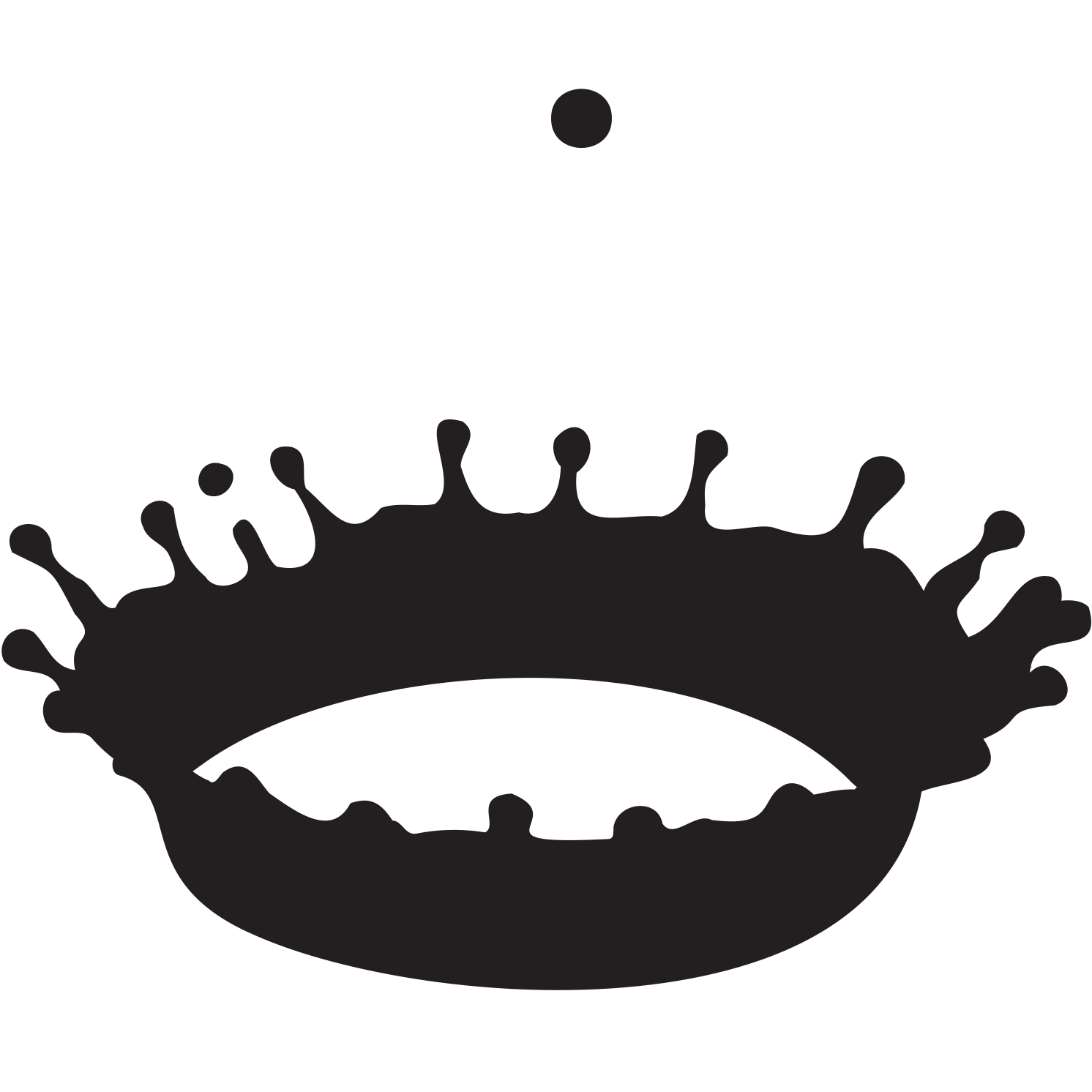The Edgerton Center's "Do-It-Yourself" instructional guides promote STEM skills and awareness.
While each guide contains materials lists and step-by-step procedures, we encourage you to pursue the learning goals as you see fit—substituting materials, tinkering, and exploring concepts as your interest leads.
Making with digital tools and creative technologies inspires and prepares kids for STEM study and pathways. Find out to get started or keep going with Maker. The K-12 Maker Lab at the MIT Edgerton Center K12Maker.MIT.edu offers resources for educators who want to integrate Maker projects in educational settings. Find lots of projects on the Idea Gallery and Tutorials
STEM Modules
Combine a mono-phonic amplifier board kit, a piezo electric disk, and a potentiometer to make a custom amplifier with a contact pickup. Amplify the sound from a homemade musical instrument or listen to faint sounds from any vibrating object.
Estimated time to complete is three hours for a beginner, and two hours for someone experienced in electrical wiring, soldering and hand construction.
Download the ![]() Amplifier with Piezo Pickup Curriculum.
Amplifier with Piezo Pickup Curriculum.
The MIT Edgerton Center's STEM Projects are copyrighted by the Massachusetts Institute of Technology, licensed under a Creative Commons Attribution-NonCommercial-ShareAlike 4.0 International License. By downloading the STEM Project PDF, user acknowledges and agrees to the guidelines for use (see below).
Introduce physical computing with the Arduino Garden! Use electronic devices to sense the environment and create physical actions.
Students will be introduced to physical computing. They will use the Arduino IDE, (Interactive Development Environment), connect electronic devices, and debug their projects. This activity can be completed in one hour. Add more time to refine the projects.
The MIT Edgerton Center's STEM Projects are copyrighted by the Massachusetts Institute of Technology, licensed under a Creative Commons Attribution-NonCommercial-ShareAlike 4.0 International License. By downloading the STEM Project PDF, user acknowledges and agrees to the guidelines for use (see below).
Introduce students to real world data collection by measuring particulates in the air with a handheld device that they make themselves. Code for this Arduino-based device is provided, and no soldering is required..
Target audience: middle and high school teachers and students, estimated time: 60 - 90 minutes.
Download the ![]() Arduino Particle Meter Curriculum.
Arduino Particle Meter Curriculum.
The MIT Edgerton Center's STEM Projects are copyrighted by the Massachusetts Institute of Technology, licensed under a Creative Commons Attribution-NonCommercial-ShareAlike 4.0 International License. By downloading the STEM Project PDF, user acknowledges and agrees to the guidelines for use (see below).
Learn the physics of sound and musical pipes while building your own musical instrument! Estimated time to complete is three hours for a beginner, and two hours for someone experienced in electrical wiring, soldering and hand construction.
Download the ![]() Copper Pipe Glockenspiel Curriculum.
Copper Pipe Glockenspiel Curriculum.
The MIT Edgerton Center's STEM Projects are copyrighted by the Massachusetts Institute of Technology, licensed under a Creative Commons Attribution-NonCommercial-ShareAlike 4.0 International License. By downloading the STEM Project PDF, user acknowledges and agrees to the guidelines for use (see below).
Students are introduced to key concepts and skills of kinetic sculpture, including balance, gearing, energy sources and design-oriented thinking. They will use the work of Alexander Calder, George Rhodes, Dug North and Arthur Ganson as examples of various forms of moving sculpture. Each day they use the principles they are learning as the basis for their own creations, and at the end of the week they bring together their complete array of new skills to create a large-scale, chain-reaction-type artwork.
Download the ![]() MIT_EC_Kinetic_Sculpture_06_27_2019.pdf Curriculum.
MIT_EC_Kinetic_Sculpture_06_27_2019.pdf Curriculum.
This file is large, and may be difficult to download. Use this form to request the .zip file.
The MIT Edgerton Center's STEM Projects are copyrighted by the Massachusetts Institute of Technology, licensed under a Creative Commons Attribution-NonCommercial-ShareAlike 4.0 International License. By downloading the STEM Project PDF, user acknowledges and agrees to the guidelines for use (see below).
Light-Me-Up Tiles are unique, personalized LED-lit scenes. They can be made out of a variety of materials and are intended for beginners to design and assemble by hand.
Download the ![]() LightUpMagneticTiles Curriculum.
LightUpMagneticTiles Curriculum.
The MIT Edgerton Center's STEM Projects are copyrighted by the Massachusetts Institute of Technology, licensed under a Creative Commons Attribution-NonCommercial-ShareAlike 4.0 International License. By downloading the STEM Project PDF, user acknowledges and agrees to the guidelines for use below:
GUIDELINES FOR USE AND DISTRIBUTION OF MIT EDGERTON CENTER CURRICULUM
These materials are copyrighted by the Massachusetts Institute of Technology. STEM Enrichment Modules are licensed under a Creative Commons Attribution-NonCommercial-ShareAlike 4.0 International License.
You are free to copy and distribute our materials to teachers and students, provided that you acknowledge the source and retain any copyright statements on the materials.
Help others to find us by citing the MIT Edgerton Center website where much of the curriculum materials are available for download.
These materials can be adapted by individual teachers for their classroom, but the alterations to the MIT Edgerton Center materials cannot be redistributed beyond your school or host organization.
USE OF THE MIT NAME: In your advertising materials, you may say that your program uses curriculum developed by the MIT Edgerton Center, and where appropriate, provide a link to our home page. You may not describe your program as a partnership or collaboration with MIT or the MIT Edgerton Center.
We value feedback and suggestions for improvement. Please forward them to us at edgerton-k12-info@mit.edu. As you extend the curriculum, we would like to benefit from your creativity by adding your materials to ours, with appropriate attribution, and then making the expanded materials available to others.
Fill out this FORM to be notified when new projects become available.
And visit our INSTRUCTABLES page for other activities.





